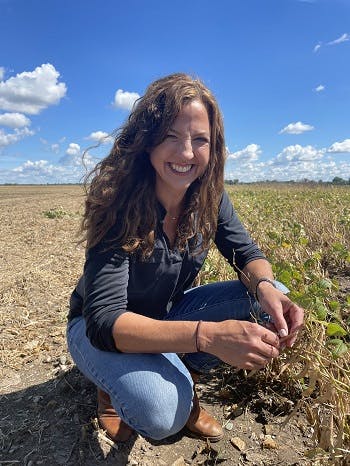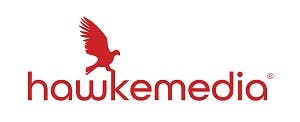RangeMe Streamlines Insurance for Brands with Coverdash Integration
Finding the right insurance has typically been a cumbersome, time-consuming process. Not anymore! RangeMe subscribers can now quickly and easily find the right insurance for their business – and get quotes within minutes – without having to leave the platform, thanks to an integration with New York-based digital business insurance agency Coverdash.
“In the highly competitive CPG industry, it’s crucial to take steps to protect your business’s future,” said Ralph Betesh, Co-Founder & CEO of Coverdash. “Brands face numerous risks that can significantly impact their financial stability such as product recalls and cyber threats. Business insurance is an essential tool for mitigating these risks and ensuring the continued success of your business.”
Coverdash is a fully digital business insurance agency, licensed across all 50 states, that specializes in serving the insurance needs of businesses of all shapes and sizes. With this convenient integration and quick application process, RangeMe subscribers can instantly compare new or existing coverage, and will save on average up to 30% on insurance premiums, according to Coverdash.
“We continually seek ways of enhancing the user experience for our subscribers,” said Vir Satyan, SVP of Customer Success at RangeMe. “Insurance is critical for long term supplier success, and …






